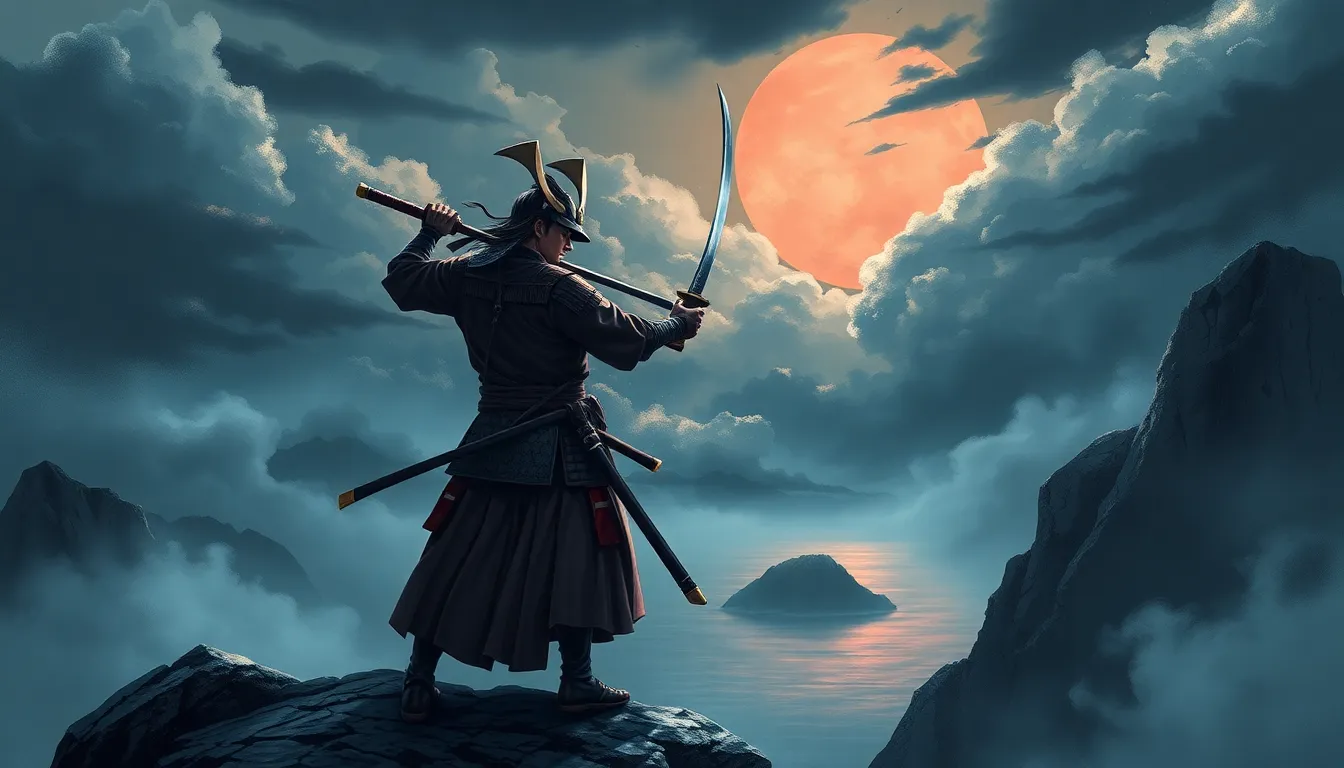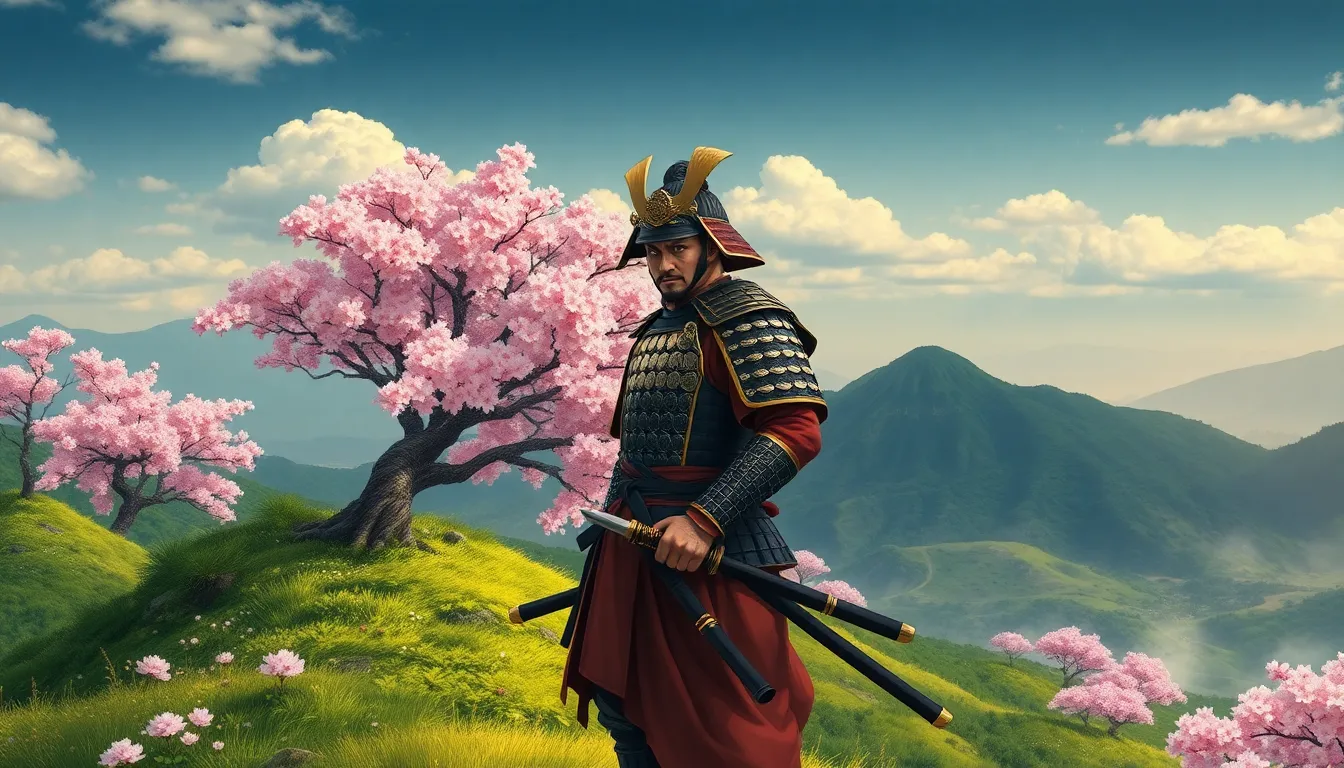In the breathtaking world of Ghost of Tsushima, players embark on an epic journey filled with stunning landscapes, fierce battles, and a gripping story that keeps them on the edge of their seats. But as they slice through enemies and navigate the complexities of honor, the big question looms: how does it all end? Spoiler alert: it’s not just a simple “happily ever after” moment that wraps everything up with a bow.
Table of Contents
ToggleOverview of Ghost of Tsushima
Ghost of Tsushima immerses players in feudal Japan as they navigate the struggle against the Mongol invasion. Set on Tsushima Island, the game showcases stunning visuals and intricate environments that captivate the senses. Players assume the role of Jin Sakai, a samurai torn between traditional values and the need for unconventional tactics.
Exploration plays a key role, offering various side quests and challenges that deepen the narrative. As players venture through diverse landscapes, they encounter rich lore and fascinating characters. Each character presents opportunities for emotional connections and growth, while conflicts provoke moral questions.
Combat mechanics stand out for their fluidity and intensity. Players can engage in strategic duels, employing various techniques to outsmart foes. Stealth tactics also add layers to gameplay, pushing players to adapt and choose their approach carefully.
The game features recruitment elements, encouraging alliances with other warriors to augment Jin’s journey. These interpersonal dynamics shape the storyline, influencing its progression and themes of honor and sacrifice.
Ultimately, Ghost of Tsushima offers a profound narrative experience. Decisions made throughout the game affect not only Jin’s fate but also the island’s future. The complexities of the ending reflect larger themes of identity, honor, and transformation.
The Journey to the Ending

As players progress through Ghost of Tsushima, the journey leads to crucial character transformations and significant plot twists that shape the narrative.
Key Character Arcs
Jin Sakai evolves from a traditional samurai into a cunning warrior willing to embrace unconventional methods. This journey challenges his sense of honor and identity. Meanwhile, characters like Yuna support Jin’s growth, illustrating the impact of personal sacrifice. Khotun Khan, the Mongol leader, represents the opposing force, intensifying Jin’s internal struggles. Significant decisions affect the relationships between these characters, ultimately influencing their fates.
Major Plot Developments
The narrative unfolds with the Mongol invasion, compelling Jin to protect Tsushima Island. Encounters with allies and enemies lead to critical moments, such as the rescue of captured villagers and pivotal battles. Themes of honor, identity, and betrayal emerge as Jin grapples with his choices. Significant turning points arise during encounters with Khotun Khan, where Jin’s methods clash with traditional samurai values. Each decision drives the story forward, highlighting the weight of responsibility on Jin’s shoulders and the overarching fight for freedom.
Analyzing the Ending
The ending of Ghost of Tsushima holds significant weight, especially regarding player decisions throughout the game.
Choices and Consequences
Choices throughout the game culminate in a gripping conclusion. Players face critical moments that impact character relationships and the story’s direction. Decisions directly affect Jin’s identity as he navigates the path between honor and survival. Each choice propels the narrative forward, leading to different endings based on how players approach moral dilemmas. For instance, opting for stealth over combat can alter Jin’s relationships with characters like Yuna and the people of Tsushima. The implications of these choices resonate strongly, emphasizing the theme of sacrifice and the true cost of war.
Themes and Symbolism
Themes and symbolism enrich the game’s narrative depth. Honor stands out as a core theme, shaping Jin’s journey from samurai to a new kind of warrior. The internal conflict between tradition and practicality highlights the struggle within Japanese culture during the Mongol invasion. Additionally, nature symbolizes both beauty and destruction, mirroring the chaos of war and the serenity of Tsushima’s landscapes. The iconic fire and wind motifs represent change and the fight for freedom, urging players to consider their paths. Through these themes, Ghost of Tsushima illustrates the complexity of honor, identity, and personal transformation against the backdrop of a historical conflict.
Reception of the Ending
The ending of Ghost of Tsushima received mixed reviews, sparking discussion among players and critics alike. Some praised its emotional weight while others critiqued its alignment with traditional samurai narratives.
Critical Responses
Critics highlighted the game’s conclusion as a pivotal moment where Jin Sakai’s transformation reaches its peak. Reviewers from outlets like IGN recognized the implications of player choices on character outcomes, noting how it adds depth to the narrative. Some publications underscored the philosophical questions posed about honor and sacrifice, enhancing the player’s journey. Negative feedback emerged regarding perceived predictability in the story’s trajectory, suggesting it could have offered more surprising twists. Overall, critical reception lauded the game’s ambition, even as some questioned its execution.
Player Reactions
Players exhibited a strong emotional connection to the ending, with many taking to forums to express their thoughts. Reddit discussions showcased a range of opinions, particularly centered on Jin’s decisions and their moral implications. Many players appreciated the impactful character arcs, resonating with Jin’s struggles as he balances tradition and personal survival. Players also raised concerns about the ending’s resolution, with some wishing for alternate endings that explored different moral paths. The dialogue among fans underscores the effectiveness of the game’s storytelling, illustrating its ability to provoke reflection and engage audiences on multiple levels.
The ending of Ghost of Tsushima leaves a lasting impression that resonates deeply with players. It challenges them to reflect on the choices made throughout the game and the implications of those decisions on Jin’s journey. As he grapples with his identity and the essence of honor, the narrative unfolds in a way that emphasizes the complexities of war and personal sacrifice.
The mixed reception of the ending highlights its impact on the gaming community. Players engage in discussions about Jin’s moral dilemmas and the potential for alternate outcomes. This dialogue showcases the game’s ability to provoke thought and evoke strong emotions, solidifying Ghost of Tsushima as a memorable experience that transcends traditional storytelling in video games.




